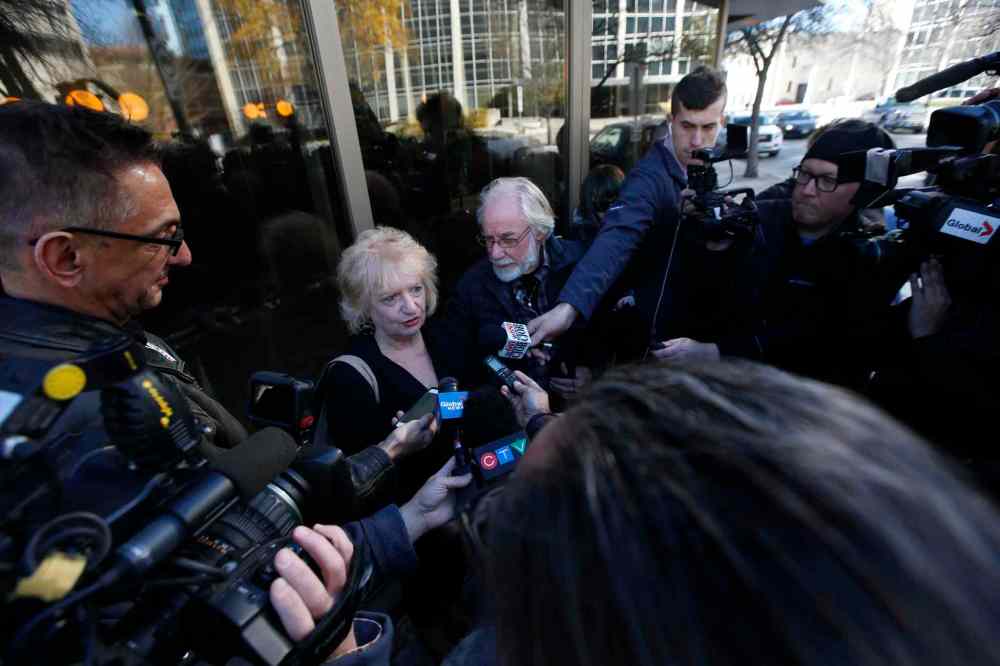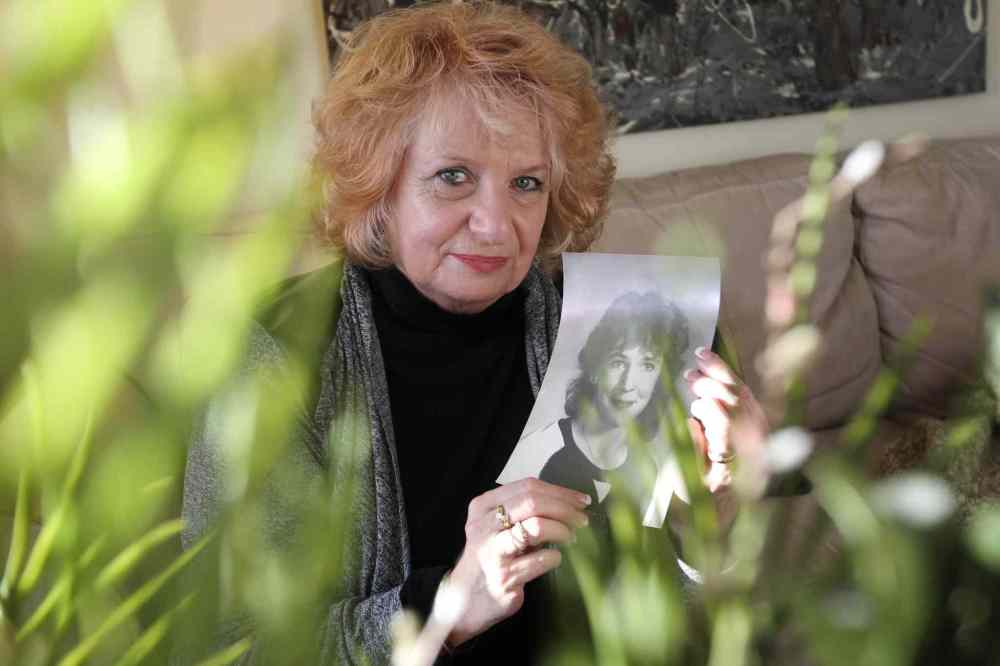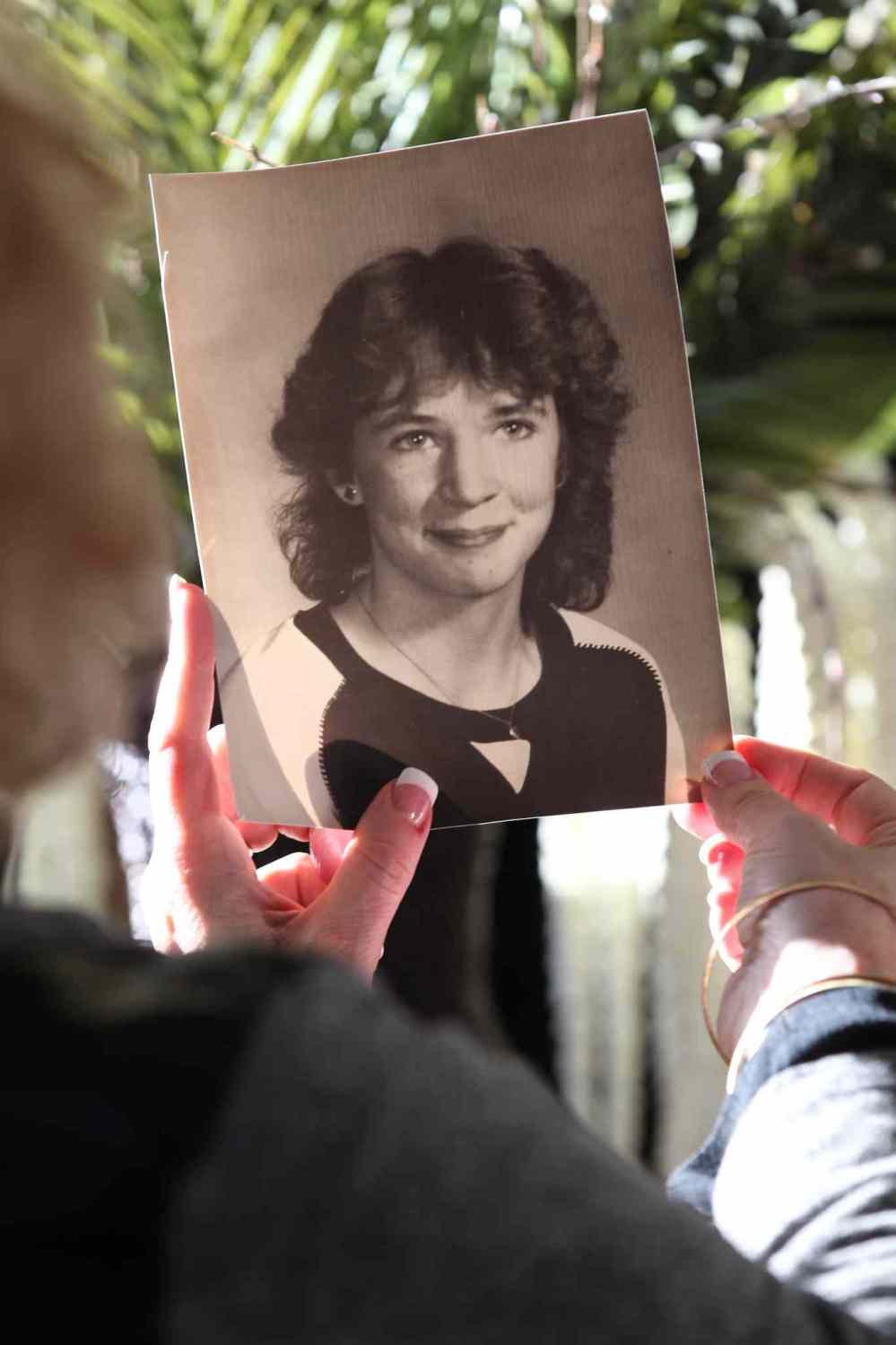Our bargain with justice
Advertisement
Read this article for free:
or
Already have an account? Log in here »
To continue reading, please subscribe:
Monthly Digital Subscription
$1 per week for 24 weeks*
- Enjoy unlimited reading on winnipegfreepress.com
- Read the E-Edition, our digital replica newspaper
- Access News Break, our award-winning app
- Play interactive puzzles
*Billed as $4.00 plus GST every four weeks. After 24 weeks, price increases to the regular rate of $19.95 plus GST every four weeks. Offer available to new and qualified returning subscribers only. Cancel any time.
Monthly Digital Subscription
$4.99/week*
- Enjoy unlimited reading on winnipegfreepress.com
- Read the E-Edition, our digital replica newspaper
- Access News Break, our award-winning app
- Play interactive puzzles
*Billed as $19.95 plus GST every four weeks. Cancel any time.
To continue reading, please subscribe:
Add Free Press access to your Brandon Sun subscription for only an additional
$1 for the first 4 weeks*
*Your next subscription payment will increase by $1.00 and you will be charged $16.99 plus GST for four weeks. After four weeks, your payment will increase to $23.99 plus GST every four weeks.
Read unlimited articles for free today:
or
Already have an account? Log in here »
Hey there, time traveller!
This article was published 19/10/2017 (3013 days ago), so information in it may no longer be current.
The big, second-floor courtroom is beautiful, in the way only stately old things can be: smooth marble columns and stained-glass windows, echoes of an era when golden flourishes denoted the presence of formalized power.
This is a place full of echoes. The room has just one flaw, which is the acoustics are terrible — echoes of footsteps, of murmurs, of lawyers’ prim greetings. Echoes of all the words that rise into the vaulted ceiling, and are there lost.
It is Wednesday afternoon in Winnipeg, just before 1 p.m. The verdict in Mark Grant’s retrial for 13-year-old Candace Derksen’s 1984 killing is about to be read.
The echoes are hushed; one observer cups a hand behind her ear, to better hear the proceedings.
Judge Karen Simonsen, reading a summary of her 100-page decision, details some of the tests she applied to the evidence, including about what the DNA evidence said. Echoes haunt her voice’s edge, but it rings clear enough.
“I am not satisfied the Crown proved guilt beyond a reasonable doubt,” she says.
In the front row of the viewing gallery, Candace’s parents sit still, and listen. Cliff Derksen looks at his wife, Wilma, for a long moment, and Wilma looks straight ahead. Their shoulders lean against each other’s, just a bit, as the judge makes it official.

Ten years and one conviction after he was charged with Candace’s murder, Mark Grant is a free man.
If the judge’s decision reflects truth — that Grant did not commit this crime — then justice was served. Yet that is true on the other possibility, too: Simonsen’s work on the decision, the Derksens later note, was careful and thorough.
“She made the call she had to make, and I respect that,” Cliff said.
At the end of the day, the evidence to convict wasn’t there, the judge found. The DNA evidence, on which the case hinged, was fatally flawed; there was little else that tied Grant to the crime, not enough on which justice could rely.
And it is right that — regardless of wishes and personal beliefs — a case not sufficiently proven should end with the accused going free. This is the bargain we make with justice, a necessary check on its otherwise incredible power.
Still, it’s okay for the acquittal to be met with a public exhale, a cry of frustration, a wave of disappointment.

Thirty-three years ago, the city’s heart broke with the Derksens’. We watched their grace through interminable years of unanswered questions. We watched them face the pain again in two separate trials, and the intervening appeal.
If nothing else, it seemed, at least the universe might give them a closure. That’s what we always want to believe: there is purpose in this, good people will find answers, no injustice will evade accountability forever.
That’s not the way the world goes, though. Out here, truth slips away into echoes we strain to hear.
There is a chance the Crown will appeal the verdict, though the Derksens hope it does not. It’s been almost 33 years, Wilma pointed out, and the family is ready to embrace a future without reporters and courtrooms and Crowns.
“We’re outta here,” she said later, with laughter that rang like bells on the wind.
So if this is over, if this is the end of the search for Candace’s killer, then let the record show the Derksens did not walk this journey alone. They let the rest of us travel with them and, along the way, showed us something precious.
The court’s part in all this may (or may not) be over. Candace’s place in the story is not.
Child Find Manitoba. The Canadian Centre for Child Protection. Wilma’s books and advocacy on healing and justice. The new Candace House, an oasis of comfort and support for victims, will open near the law courts later this year.
All of these are Candace’s legacy, vibrant and real. All of these are the gift that, through the Derksens, she left us.
So the work goes on, and the work matters. Blocks away from the law courts, as Simonsen read her decision, a federal inquiry heard more cries of heartbreak from families of missing and murdered Indigenous girls and women.“We just want to say that it has been… a real precious learning of so much, that we cherish the journey of 33 years. We can take our lives into our hands, and keep on trying to do justice better. It’s in our hands.”–Wilma Derksen
Like the Derksens, many of these families do not have the finality of a conviction. They, too, are walking that other path, the one where resilience must be found in the absence of a verdict. It’s an unimaginable journey, to most of us.
If there is peace at the end, the Derksens have found it. They lost a daughter; they never lost her, or their, spirit.
“We just want to say that it has been… a real precious learning of so much, that we cherish the journey of 33 years,” Wilma said. “We can take our lives into our hands, and keep on trying to do justice better. It’s in our hands.”
Echoes of time, echoes of justice. Echoes of the voice of a 13-year-old girl who, nearly 33 years ago, fell silent but was never taken away. Her parents can still hear her, still feel her presence in their lives every moment, every day.
“We’re outta here,” Wilma Derksen said, and laughed that she didn’t want to do media scrums like this again.
Minutes later, trailed by a television camera, she and Cliff stepped onto York Avenue, and walked away. In the big courtroom, echoes of the decision had long faded to silence, and only the wind whispered to the Derksens now.
melissa.martin@freepress.mb.ca

Melissa Martin
Reporter-at-large
Melissa Martin reports and opines for the Winnipeg Free Press.
Every piece of reporting Melissa produces is reviewed by an editing team before it is posted online or published in print — part of the Free Press‘s tradition, since 1872, of producing reliable independent journalism. Read more about Free Press’s history and mandate, and learn how our newsroom operates.
Our newsroom depends on a growing audience of readers to power our journalism. If you are not a paid reader, please consider becoming a subscriber.
Our newsroom depends on its audience of readers to power our journalism. Thank you for your support.
History
Updated on Thursday, October 19, 2017 6:45 AM CDT: Adds headline
Updated on Thursday, October 19, 2017 2:12 PM CDT: Adds images.




